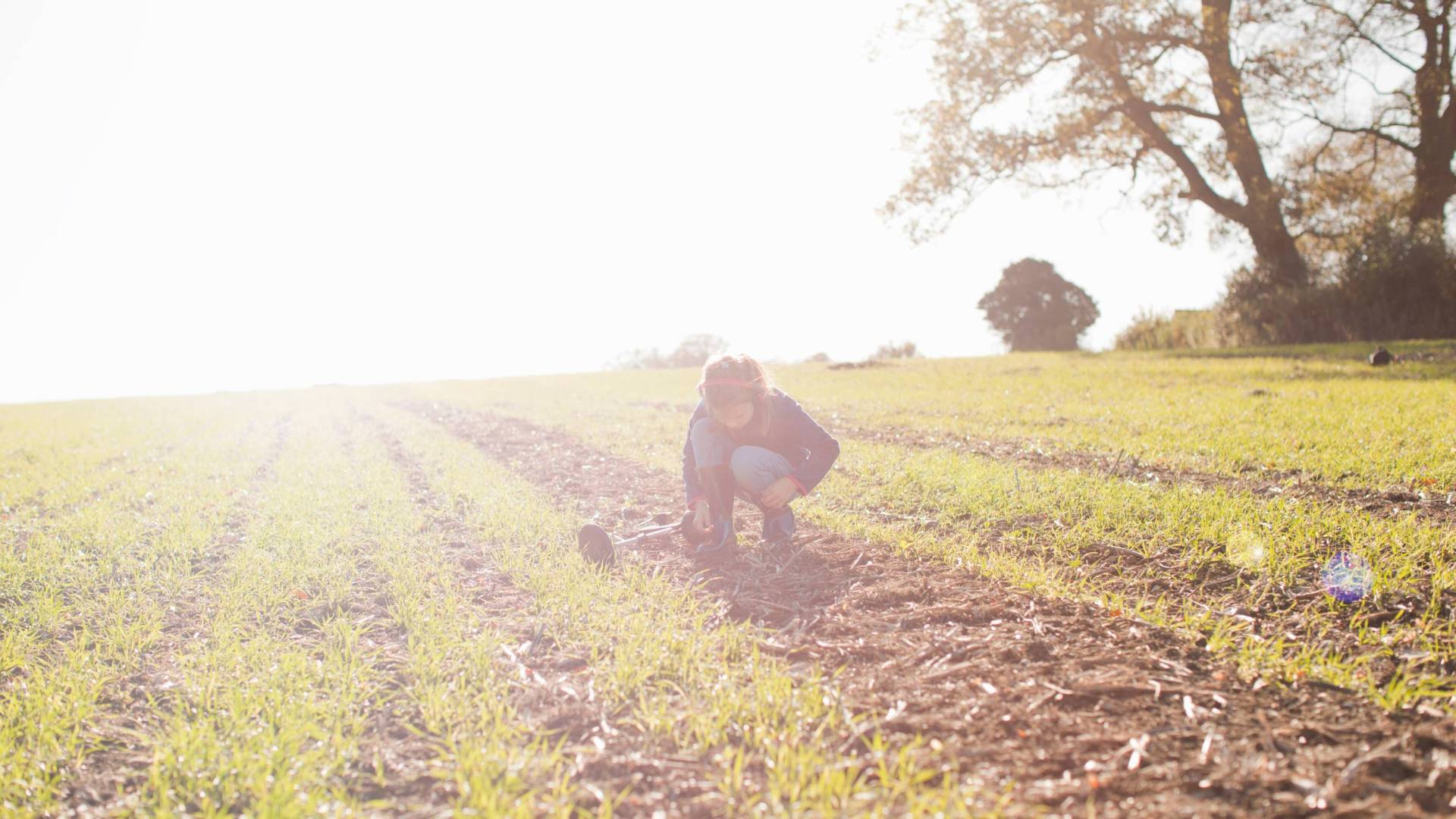Much has been written about religious life in the medieval era, but thanks to the British fancy for metal detectors, archaeologists are hopeful about gauging just how much more has gone unwritten.
Earlier this month, the University of Reading announced that it has been awarded a million pounds ($1,245,330) by the British Arts and Humanities Research Council to study the role of religion in medieval life, for which the university will employ a unique source of data: the findings of hobby metal detector users that have been logged in the British Museum’s Portable Antiquities Scheme.
The museum’s scheme was founded more than 20 years ago, in part to quell archaeologists’ fears that hobby metal detector users were disturbing the historical record.
“At the time, there was this boom in metal detecting, with lots of archaeological findings being discovered, and not really any mechanism to record them at all,” Michael Lewis, the scheme’s director, told Religion News Service. “So the Portable Antiquities Scheme was set up to provide a mechanism, on a voluntary basis, to record all the other sorts of discoveries that have been found.”
Since then, metal-detecting hobbyists in Britain have had more than a few minutes of fame thanks to a BBC show, Detectorists, that debuted in 2014. Detectorists wasn’t their only time in the limelight; three shows about the hobby specifically in Britain made it onto Detect History’s list of its 10 “Best Metal Detecting TV Shows.”
Though archaeologists once worried that the fad would hamper their work, they are now seeing it as another way to further understand our past.
“The reason that we’re interested in this is that sources of archaeological evidence are increasingly showing us that quite a lot went on in the medieval period that wasn’t recorded in historical documents,” said Roberta Gilchrist, who leads the program at the University of Reading.
“What we know about religion is through the lens of written sources, largely through the church and through the male priesthood,” Gilchrist explained. “We hope we’re going to be able to use archaeological evidence to get more from the people who didn’t leave documents. For example, women, children, or ordinary, everyday men.”
Through the scheme, metal detectors can log their finds with the museum, including the exact coordinates and conditions of where they were found. Some then choose to donate the artifacts; others keep them in private collections.
 Courtesy of the British Museum’s Portable Antiquities Scheme / RNS
Courtesy of the British Museum’s Portable Antiquities Scheme / RNSSo far it has resulted in a database of more than 1.5 million entries, several hundred thousand of which date to the late medieval period.
“What we’re particularly looking at is material culture that’s associated with medieval pilgrimage,” Gilchrist said, especially pilgrim badges that were produced as souvenirs for Christian shrines at the time, as well as metal ampullae that were used to hold holy water.
“These were really just very cheap objects made of, like, a lead-tin alloy. But there are thousands of these things,” said Gilchrist, “and we can map them because the metal detectors, now, when they find them, they all have GPS on their phones, and they can give you a very accurate indication of where they find these things.”
The patterns they find give clues into practices from centuries ago. A high concentration of badges related to a certain saint found on a historic road may signify a previously unknown pilgrimage route. Ampullae regularly found at the borders of farms and fields suggest that farmers used holy water to bless crops.
“We very seldom find (ampullae) from excavated sites in villages or towns. But we’ve got hundreds of these turning up in plowed fields,” Gilchrist explained. “They’re often intact objects, but the tops have been pried off, or they’ve been bitten off in some cases, and so the sort of theory is that these things are being used in some kind of agricultural ritual.”
Written records exist that tell scholars of large-scale ceremonies in which priests brought crosses and other relics out to village fields, but nothing on an individual level.
The existing record also tends to reflect what was going on in cities. “Most of the finds that are recorded with us are through metal detecting, and the metal detector users, generally speaking, are searching in the countryside on arable sites, and not in cities,” said the British Museum’s Lewis. “In the countryside, people are kind of living in a different way, and those people in the countryside are likely to be less wealthy than those in the cities.”
The project will also examine two major shifts in society and religion in medieval Britain, the Black Death and the Protestant Reformation.
“It will be really interesting to see in a general sense what the impact of these kinds of changes in society had on the material culture,” Lewis said.
“What we’re trying to do here is something that’s quite, quite tricky, actually. What we’re trying [to do] is to understand—through these objects—how people relate it to the divine in many different ways,” he added.












